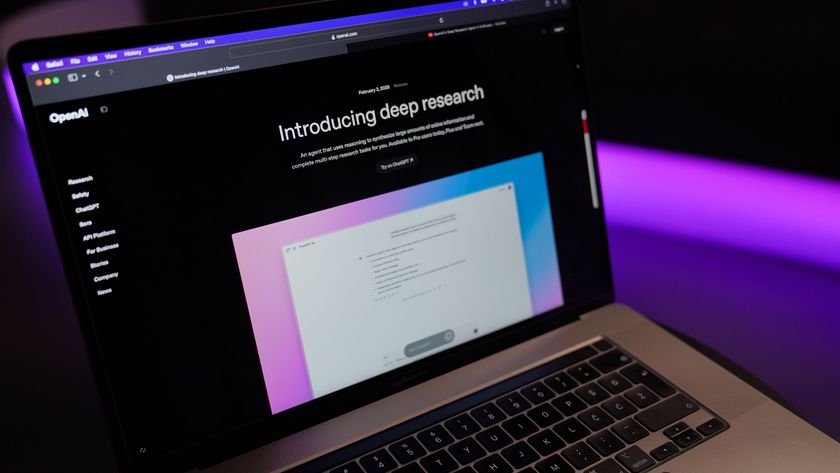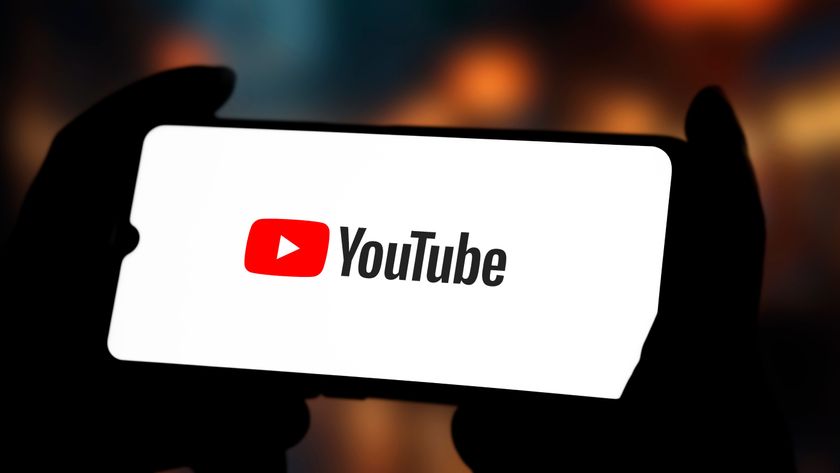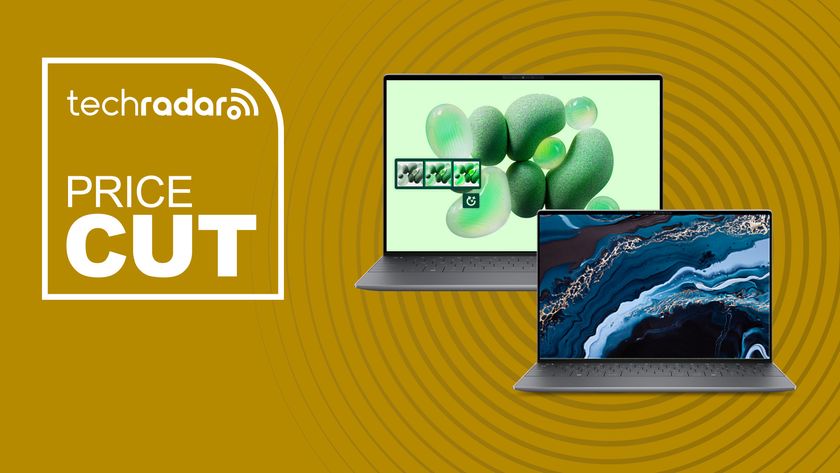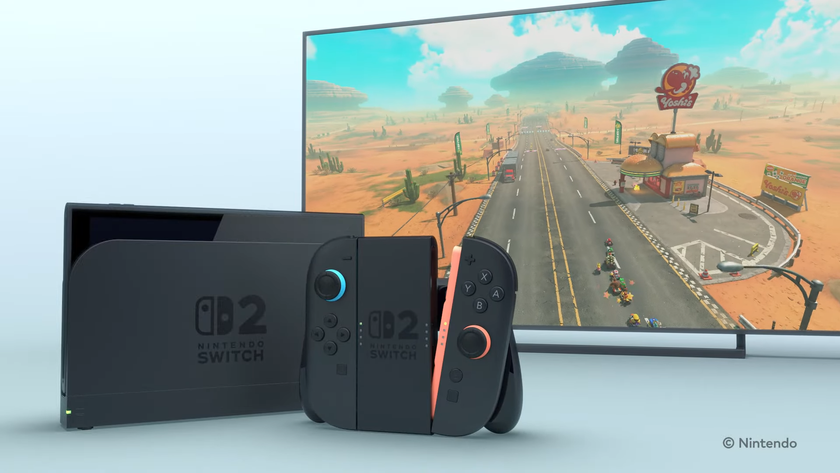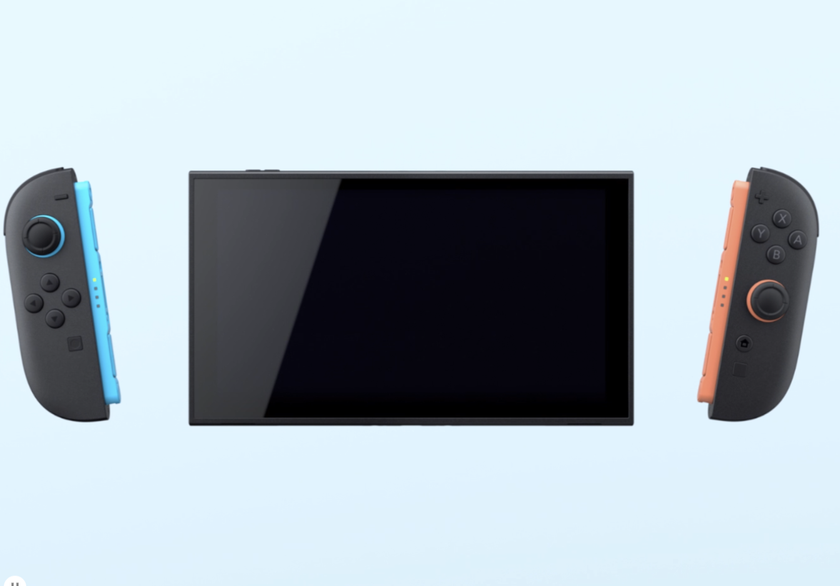11 ways tech companies try to pull the wool over your eyes
82% of 25 people agree there's up to 20 reasons you should read this
7. Space for your stuff
When you buy a tablet with 64GB of storage space, you don't expect more than half of it to be unavailable - but that's exactly what happened with the Surface Pro thanks to Windows 8, pre-installed apps and a recovery partition taking up stacks of space.
The Surface was unusually hungry, but the issue applies to all devices with storage - so for example a 16GB iPad, which is offering a fairly small amount of storage to begin with, ships with around 13GB of available storage.
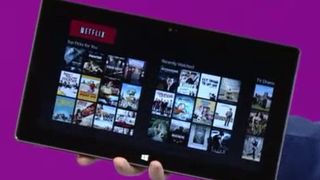
8. Phone coverage maps
It seems that mobile phone networks' coverage checkers should be called coverage guessers: some maps don't make it clear that you might not get a signal indoors, they don't reflect key factors such as building density and tree coverage, and because different operators measure signal in different ways you can't really use the maps to compare providers.
Our tip? Always make sure there's a cooling-off period if you're signing up for a network you haven't previously used in your area.
9. Real-life results
Tech advertising uses all kinds of tricks to mislead, from carefully shot photos to speeded-up footage that makes devices look faster than they actually are.
Nokia got into a bit of trouble with its Lumia 920: it's alleged that the footage and photos supposedly shot using the device were nothing of the sort.
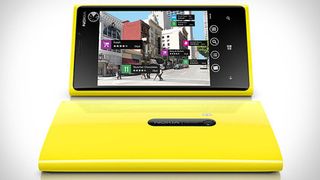
10. The price is right
The Advertising Standards Authority banned Sky's Bruce Willis advert over misleading price claims: the ad promised unlimited broadband for £7.50 a month but if you squinted at the small print you'd see that you also needed £14.50 monthly line rental and £21.50 TV subscription - bringing the total monthly cost to £43.50.
Get daily insight, inspiration and deals in your inbox
Sign up for breaking news, reviews, opinion, top tech deals, and more.
We can't be the only ones whose broadband, TV and phone package prices bear no resemblance to the prices you see in the ads.
11. We've got the power
This one is our favourite, and yet again it involves the ASA: in its pre-Google days, Motorola got an ASA ruler over the knuckles for claiming that its Atrix phone was "the world's most powerful smartphone".
When it was pointed out that it clearly wasn't - Samsung's Galaxy S II had a 1.2GHz processor compared to the 1GHz one in the Atrix - Moto essentially said "well yeah but our one has a keyboard and stuff". It turns out that there's power, and then there's ACCESSORY POWER!
- But tech can be good too! Here's 10 ways everyday tech is changing the world
- 1
- 2
Current page: More lies, damned lies and statistics
Prev Page What tech companies love to tell youWriter, broadcaster, musician and kitchen gadget obsessive Carrie Marshall has been writing about tech since 1998, contributing sage advice and odd opinions to all kinds of magazines and websites as well as writing more than a dozen books. Her memoir, Carrie Kills A Man, is on sale now and her next book, about pop music, is out in 2025. She is the singer in Glaswegian rock band Unquiet Mind.

